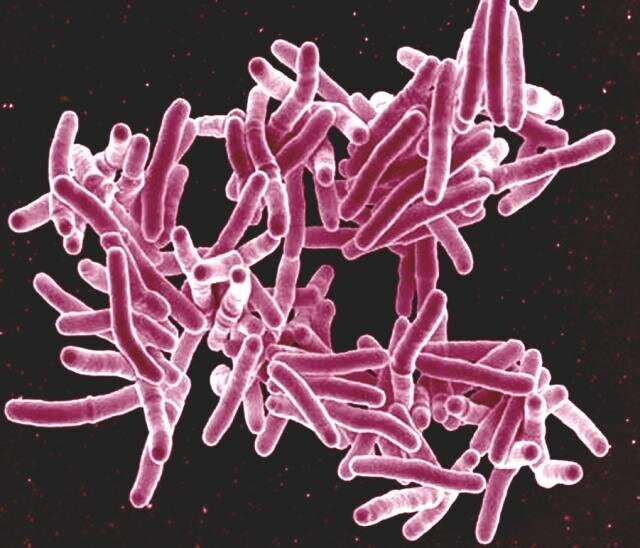The Impact of Childhood Maltreatment on Biological Aging and Social Development

Research reveals that childhood maltreatment accelerates biological aging and impairs social attention in young children, highlighting the need for early detection and intervention strategies.
Childhood maltreatment has long-lasting effects that extend beyond visible scars or emotional memories. Emerging scientific evidence reveals that abuse and neglect during childhood significantly increase the risk of developing chronic illnesses, mental health issues, and even early mortality later in life. Importantly, these adverse experiences can cause profound biological changes at the molecular level, influencing the body's aging process and social functioning for decades.
Recent research indicates that childhood maltreatment accelerates biological aging, a phenomenon measurable through DNA methylation patterns—a molecular marker of cellular age. Studies have shown a correlation between early adverse experiences and a faster pace of biological aging, which can lead to earlier onset of age-related diseases.
Historically, understanding how maltreatment impacts biology was challenging, partly because prior studies relied on inconsistent biological indicators or subjective self-reports, and lacked tools to analyze both biological and social changes simultaneously. To overcome these limitations, a collaborative team from Japan's United Graduate School of Child Development, involving institutions such as Osaka University and the University of Fukui, conducted a comprehensive investigation into how maltreatment affects both biological aging and social behavior in young children.
Their study, published in PLOS One on May 30, 2025, provides valuable insights. It involved 96 Japanese children aged 4 to 5 years, including 36 children with histories of severe maltreatment and 60 typically developing peers. The researchers used innovative methods like the Pediatric-Buccal-Epigenetic clock, which measures DNA methylation from cheek swabs to determine cellular age. Additionally, they employed eye-tracking technology to assess social attention by monitoring how long children looked at different facial features in videos.
Findings revealed that maltreated children exhibited significantly accelerated biological aging compared to their peers. They also paid less attention to eyes—an essential aspect of social interaction—which indicates altered social processing. Significantly, both accelerated aging and reduced eye contact were independently linked to higher emotional and behavioral difficulties as measured by standardized questionnaires.
This research underscores that maltreatment influences children through multiple pathways, affecting both biological processes and social development. The independence of these factors suggests targeted interventions could be beneficial at multiple levels. As Keiko Ochiai emphasizes, early detection of these signs through biological testing and eye-tracking assessments can enable timely support, potentially preventing more severe issues later in life.
In summary, this study highlights the importance of recognizing the invisible yet measurable impacts of childhood maltreatment. Implementing early diagnostic tools and tailored support strategies can help vulnerable children develop resilience and healthier social and biological functioning, ultimately fostering better long-term outcomes.
Source: https://journals.plos.org/plosone/article?id=10.1371/journal.pone.0321952
Stay Updated with Mia's Feed
Get the latest health & wellness insights delivered straight to your inbox.
Related Articles
Promising New Drug Alternatives for Less Toxic Tuberculosis Treatment Unveiled in Clinical Trials
New clinical trials reveal that sutezolid and delpazolid offer effective and safer alternatives to high-toxicity tuberculosis medications, paving the way for improved treatment options.
Metabolic Syndrome Elevates Risk of Developing Parkinson's Disease
New research reveals that metabolic syndrome significantly increases the risk of developing Parkinson's disease, emphasizing the importance of metabolic health in neurological well-being.
Insurers Contend with Rising Costs of GLP-1 Medications and Consider Patient Deprescription Strategies
Rising costs of GLP-1 medications lead insurers to restrict coverage and explore deprescription strategies, impacting patient care and weight management efforts.
Majority of Americans Support MMR Vaccine Mandates for Public Schools, New Survey Finds
A new survey shows that 70% of Americans now support requiring the MMR vaccine for children in public schools, marking increased public backing for immunization mandates.



